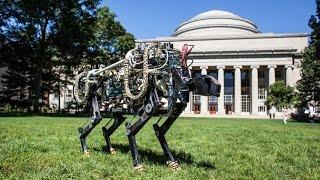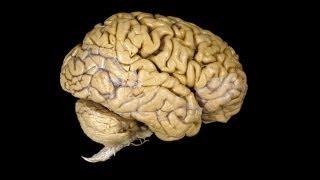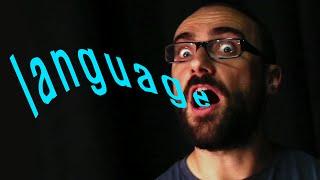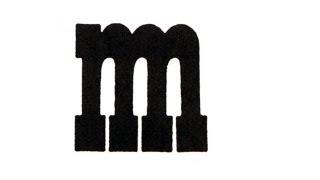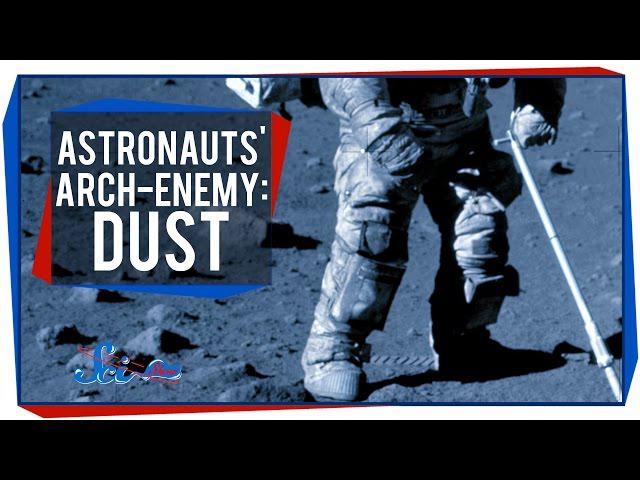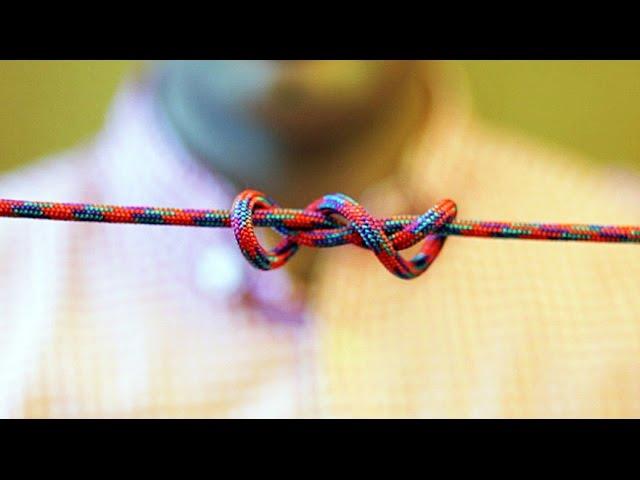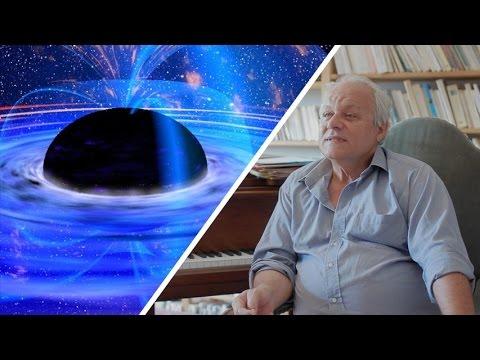Time Travel, Teleportation & Science
Time travel is the concept of moving between different points in time in a manner analogous to moving between different points in space, generally using a theoretical invention, namely a time machine. It has a commonly recognized place in philosophy and fiction, but has a very limited application in real world physics, such as in quantum mechanics or wormholes.
Although the 1895 novel The Time Machine by H. G. Wells was instrumental in moving the concept of time travel to the forefront of the public imagination, The Clock That Went Backward by Edward Page Mitchell was published in 1881 and involves a clock that allowed three men to travel backwards in time.[1][2] Non-technological forms of time travel had appeared in a number of earlier stories such as Charles Dickens' A Christmas Carol. Historically, the concept dates back to the early mythologies of Hinduism (such as the Mahabharata), Buddhism, and Islam through ancient folk tales. More recently, with advancing technology and a greater scientific understanding of the universe, the plausibility of time travel has been explored in greater detail by science fiction writers, philosophers, and physicists.
Teleportation, or Teletransportation, is the theoretical transfer of matter or energy from one point to another without traversing the physical space between them. It has a commonly recognized place in science fiction literature, film, and television, but as yet has a very limited application in real world physics, such as quantum teleportation or the study of wormholes.
Science (from Latin scientia, meaning "knowledge") is a systematic enterprise that builds and organizes knowledge in the form of testable explanations and predictions about the universe. In an older and closely related meaning, "science" also refers to a body of knowledge itself, of the type that can be rationally explained and reliably applied. A practitioner of science is known as a scientist.
In modern usage, "science" most often refers to a way of pursuing knowledge, not only the knowledge itself. It is also often restricted to those branches of study that seek to explain the phenomena of the material universe.
Source : Wikipedia
-
05:38
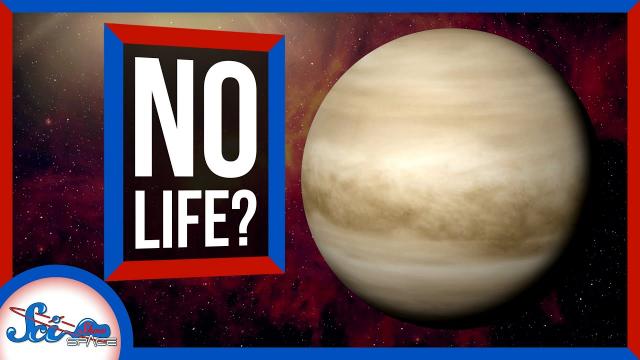
Maybe There's No Phosphine on Venus | SciShow News
Added 344 Views / 0 LikesRemember when astrophysicists thought they'd found signs of life on Venus? A different team re-crunched the numbers, and their results raised some questions about that claim. Also, a bunch of exoplanets are doing a really precise dance around a not-so-dis
-
14:53

Sci-Fi Science: Physics of the Impossible Season 2 Episode 12 Shapeshifting Transformer Part 1
Added 944 Views / 0 LikesSci-Fi Science: Physics of the Impossible Season 2 Episode 12 Shapeshifting Transformer Part 1
-
31:08
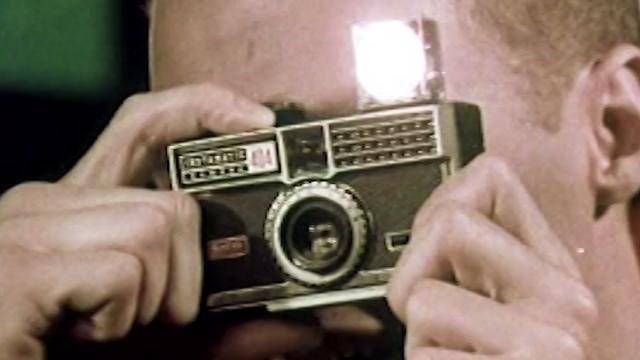
Illusions of Time
Added 404 Views / 0 LikesUse code BRAINS to get free shipping within the US or $8 off international shipping on your first Curiosity Box! https://www.curiositybox.comhttps://twitter.com/tweetsaucehttps://www.instagram.com/electricpantsSOURCES:1896 snowball fight: https://twitter.
-
06:29
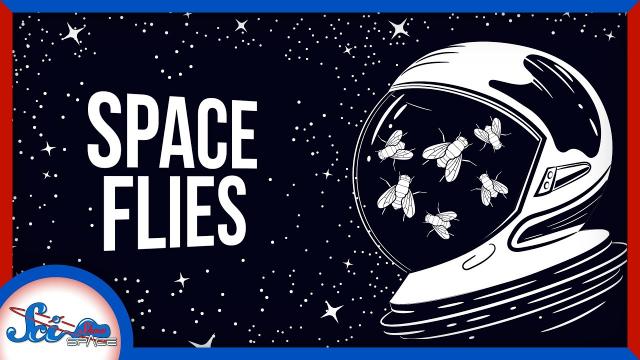
The Surprising Benefits of Space Flies
Added 366 Views / 0 LikesThis episode is brought to you by the Music for Scientists album! Stream the album on major music services here: https://biglink.to/music-for-scientists. Check out the “For Your Love" music video here: https://youtu.be/YGjjvd34Cvc. In space we can finally
-
02:44
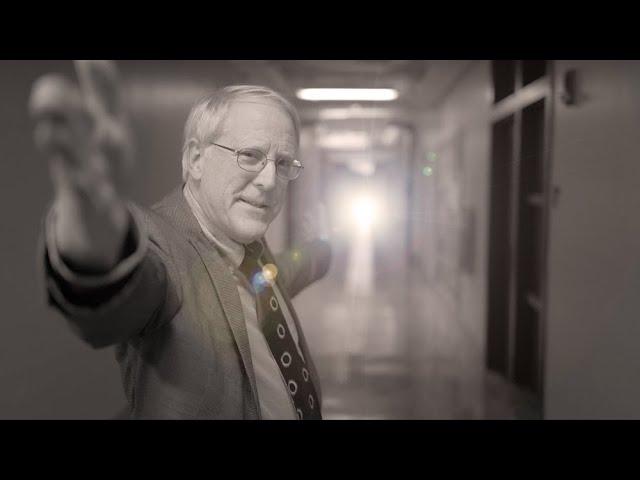
When the heavens and MIT align
Added 169 Views / 0 LikesTwice a year, in January and November, the setting sun aligns perfectly with MIT’s 825-foot-long Infinite Corridor. Planetary scientist Richard Binzel describes MIThenge as “a major cultural moment on campus … when the heavens and MIT seem to align.”Watch
-
1:10:41
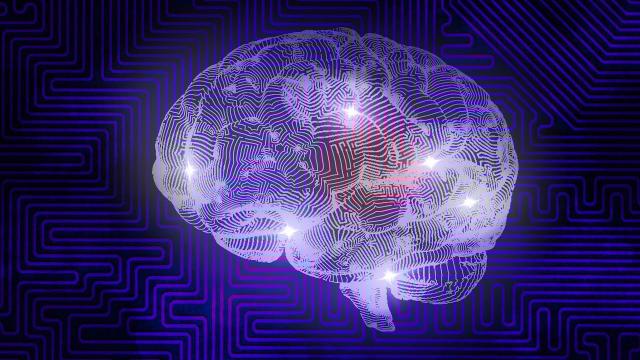
Decoding the Brain
Added 249 Views / 0 Likes#BrianGreene #Neuroscience #BrainHow does the brain retrieve memories, articulate words, and focus attention? Recent advances have provided a newfound ability to decipher, sharpen, and adjust electrical signals relevant to speech, attention, memory and em
-
06:25
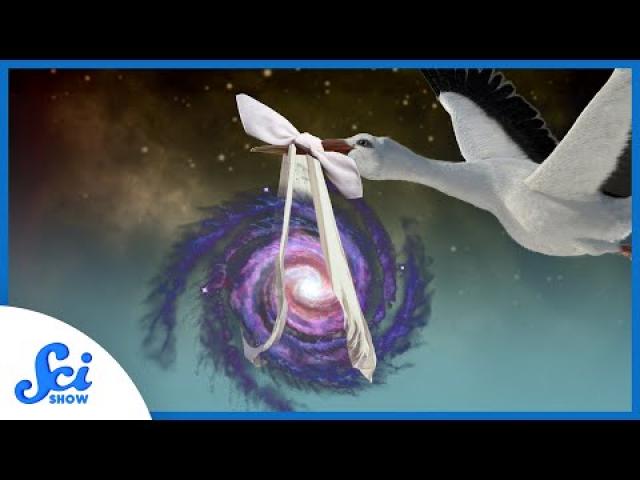
Mama, Where Do Galaxies Come From?
Added 221 Views / 0 LikesFor most of human history, we didn't know that galaxies were a thing. So over the past century, astronomers have been working to understand how galaxies come to be and how they evolve over time. And for a full decade, there was one telescope helping to li
-
06:17
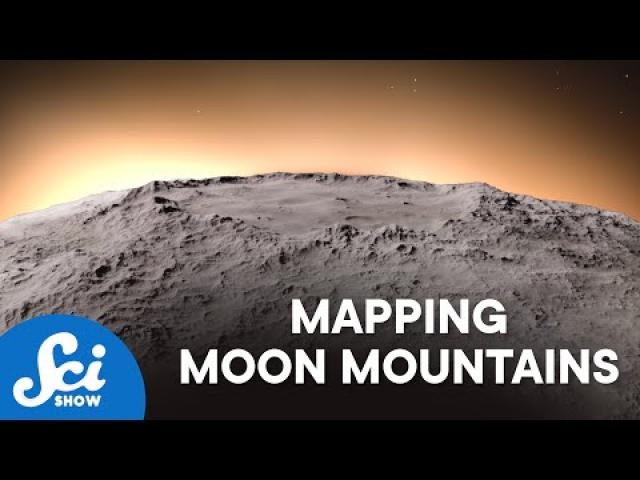
How Distant Stars Let Us See the Solar System Up Close
Added 186 Views / 0 LikesStart speaking a new language in 3 weeks with Babbel. Get up to 65% off in your subscription here: https://go.babbel.com/t?bsc=1200m65-youtube-scishow-aug-2022&btp=default&utm_term=generic_v1&utm_medium=paidsocial&utm_source=YouTube&utm_content=Influencer
-
02:09

NailO: A thumbnail-mounted wireless trackpad
Added 629 Views / 0 LikesNailO: A thumbnail-mounted wireless trackpad
-
23:08
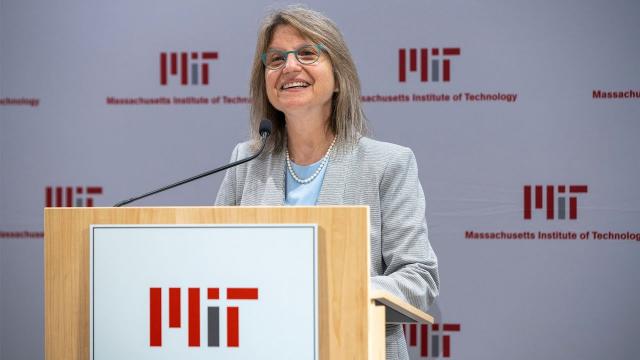
Sally Kornbluth named as MIT’s 18th president
Added 190 Views / 0 LikesSally A. Kornbluth, a cell biologist whose eight-year tenure as Duke University’s provost has earned her a reputation as a brilliant administrator, a creative problem-solver, and a leading advocate of academic excellence, has been selected as MIT’s 18th p
-
01:18
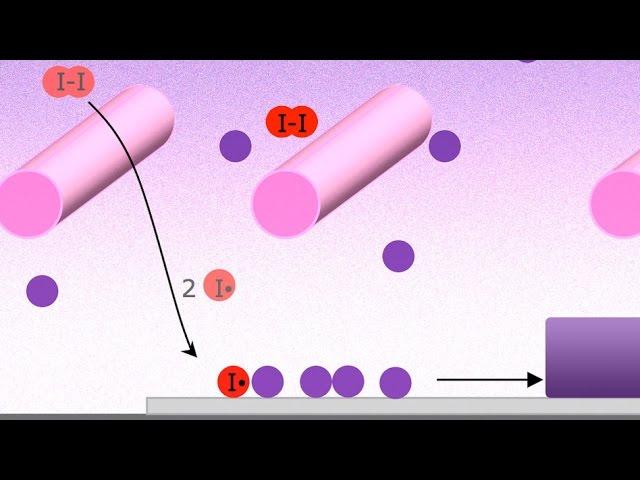
Explained: Chemical Vapor Deposition (CVD)
Added 543 Views / 0 LikesExplained: Chemical Vapor Deposition (CVD)
-
07:55
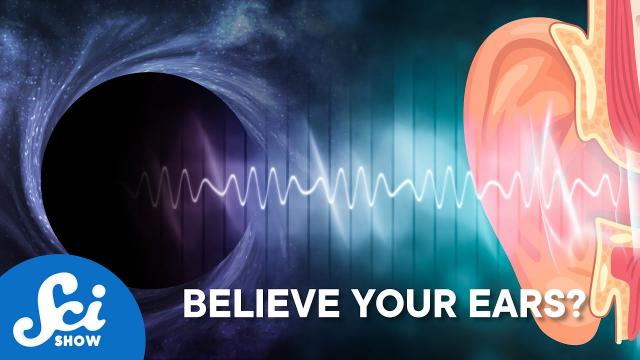
Are Space Sounds Lies?
Added 215 Views / 0 LikesThis video was sponsored by Guardio. Go to https://guard.io/SciShowSpace for a 7 day free trial.If a tree falls in space, and it's frequency is modulated by multiple octaves and digitized, does it make a sound?Hosted by: Reid Reimers----------Huge thanks
-
00:59
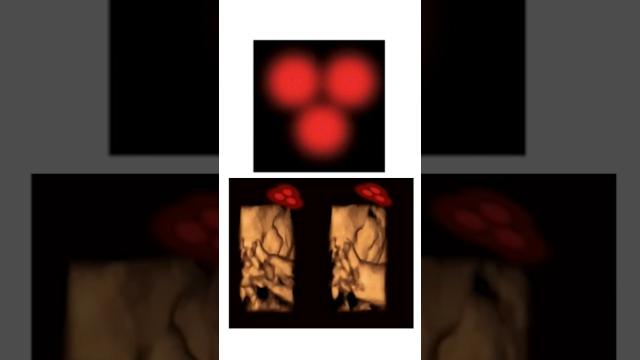
What Did You See Before You Were Born?
Added 174 Views / 0 Likessources:https://onlinelibrary.wiley.com/doi/abs/10.1002/dev.20506https://www.cell.com/current-biology/fulltext/S0960-9822(17)30580-8?_returnURL=https%3A%2F%2Flinkinghub.elsevier.com%2Fretrieve%2Fpii%2FS0960982217305808%3Fshowall%3Dtrue#bib5https://nucubab

